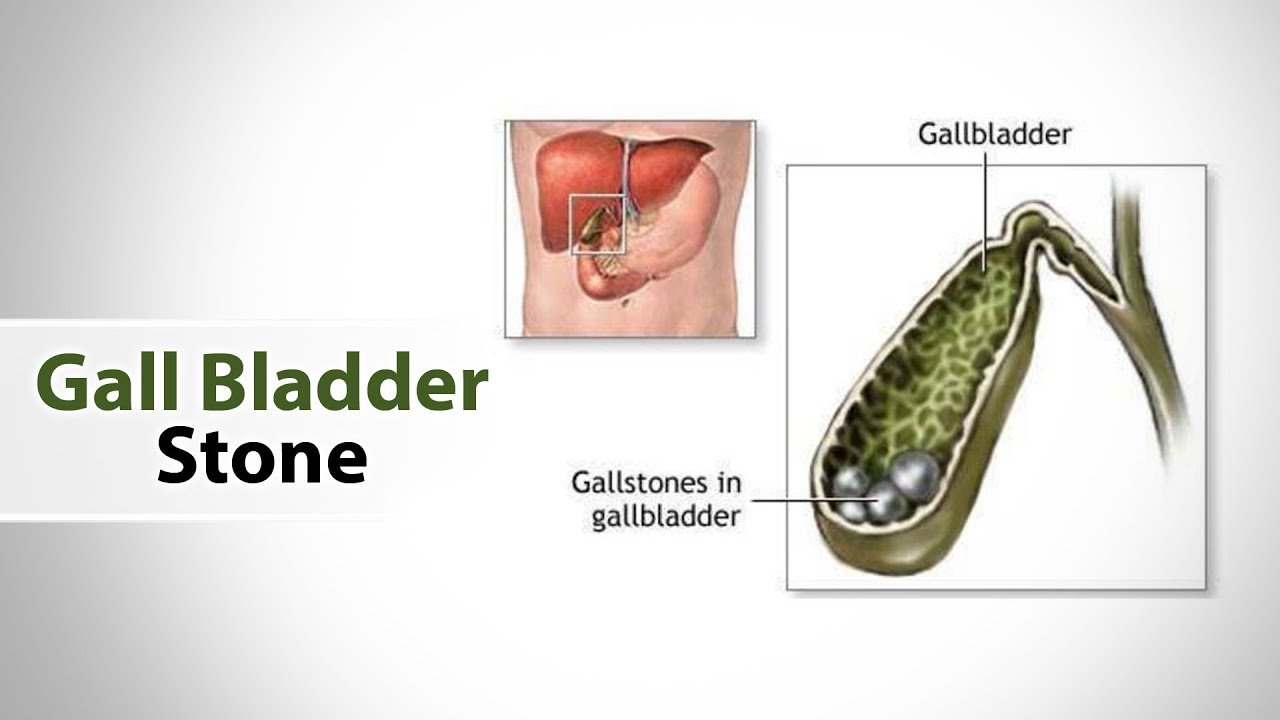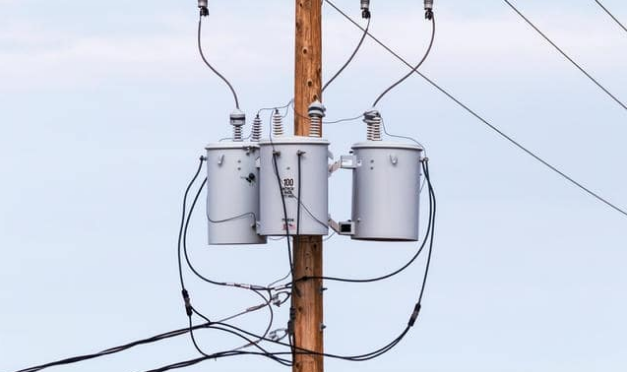
Gallstones are small, hardened deposits that collect in the gallbladder. While some gallstones remain asymptomatic, others can cause severe pain, nausea, and life-threatening complications if untreated.
Removal of gallstones, often involves surgery. See more: https://alpinesurgical.sg/procedure/gallstones-removal-singapore/.
While surgery is often preferred for gallstone removal, many people do wonder whether this constitutes a major operation.
This article explains what gallstone removal involves, its necessity, the methods involved, and why it is considered major surgery. But first;
When Is Gallstone Removal Necessary?
Gallstone removal is usually recommended when gallstones cause symptoms or lead to complications. Here are the most common situations in which surgery may be necessary for gallstone removal:
- If you Experience Severe Abdominal Pain: Gallstones can obstruct bile flow and cause intense pain in the upper abdomen. This pain is often referred to as a “gallbladder attack,” and typically worsens after eating fatty meals. It may radiate to the back or right shoulder and if left untreated, the obstruction can damage the gallbladder or nearby organs.
- If you get Infections and Inflammation (Cholecystitis): Cholecystitis, or inflammation of the gallbladder, occurs when gallstones block the bile ducts. This may cause not just swelling but also fever, and abdominal tenderness. This condition can escalate to sepsis if untreated. Early detection and surgery minimize the risk of complications and ensure a full recovery.
- Jaundice: A blockage caused by gallstones can also result in jaundice. Here, the skin and eyes turn yellow due to bile entering the bloodstream. This is often a sign of a serious obstruction that needs immediate surgical treatment. Resolving the blockage can prevent further liver damage and also get rid of the symptoms.
- Pancreatitis: If a gallstone obstructs the pancreatic duct, it might trigger pancreatitis. This is a painful and potentially life-threatening inflammation of the pancreas. Symptoms include sharp abdominal pain, nausea, and vomiting. Surgery to remove the gallstones often resolves the condition and prevents future episodes.
Is Removing Gallstones a Major Operation?
The short answer is yes—removing gallstones is considered a major operation. While advancements in surgical techniques have reduced recovery times, the procedure still involves general anesthesia and carries inherent risks. Here’s what you need to know;
· Laparoscopic Cholecystectomy
Laparoscopic cholecystectomy is the most commonly performed method for gallstone removal. It is a minimally invasive surgery which involves making small incisions in the abdomen to insert a camera and surgical tools.
The surgeon removes the gallbladder while minimizing disruption to surrounding tissues. Most patients return home the same day or after one night in the hospital.
However, full recovery typically takes one to two weeks which makes it less disruptive than open surgery. While rare, risks typically include infection, bleeding, and bile duct injuries. Proper post-operative care minimizes these risks.
· Open Cholecystectomy
In cases of severe complications, open cholecystectomy may be required. This method involves a larger incision in the abdomen to allow the surgeon to access and remove the gallbladder.
It’s often necessary when inflammation or scarring makes laparoscopic surgery unfeasible. It requires hospital stays which typically last 2–5 days, with full recovery taking 4–6 weeks. Patients must avoid strenuous activities during this period.
Risks include infection, hernias, and longer healing times compared to laparoscopic surgery. Open surgery is generally reserved for more complex cases. Though laparoscopic surgery has become the standard, both methods are classified as major operations due to the use of general anesthesia and potential complications.
Can Gallstones Be Treated Without Surgery?
If for any reason you cannot undergo surgery or you have mild symptoms, you may be recommended non-surgical treatment for gallstone removal. So yes, gallstones can be treated without surgery. If surgery isn’t an option, here are the treatment options you may be recommended;
- Medications: In specific cases, bile acid pills may dissolve small cholesterol-based gallstones. However, this method is slow and can take months or years to give results. Also, it is ineffective for larger stones or pigment stones.
- Dietary Changes: Adjusting to a low-fat, high-fiber diet can help reduce symptoms due to gallstones. It does this by limiting the production of cholesterol in bile. While dietary changes won’t remove existing gallstones, they can prevent new stones from forming.
- ERCP (Endoscopic Retrograde Cholangiopancreatography): This minimally invasive procedure uses an endoscope to remove gallstones lodged in the bile ducts without removing the gallbladder itself. ERCP is often performed when gallstones cause bile duct obstructions or jaundice.
Is Gallstone Removal Safe?
Gallstone removal is not only safe. It also offers several benefits which can be a huge lift especially if your quality of life were affected by the presence of gallstones.
The procedure provides immediate relief from pain, nausea, and other debilitating symptoms which greatly improves overall comfort. Eliminating the gallbladder ensures that the risk of future attacks, infections, and bile duct obstructions is significantly reduced.
After treatment, you should be able to experience restored digestive function which allows you to resume daily activities without discomfort, thus enhancing their quality of life. However, as with any surgery, there are potential risks.
While uncommon, complications such as surgical site infections or internal bleeding may occur. Also, some patients may notice digestive changes, including diarrhea or bloating, particularly when consuming fatty foods. Another rare complication is bile leakage into the abdomen, which may require further medical care.
Post surgery, you may experience mild pain or soreness which is normal. These side effects can be effectively managed with prescribed medications.
Dietary adjustments also help. You will be advised to gradually reintroduce solid foods, beginning with bland, low-fat meals.
You will need to avoid greasy or spicy foods during the early recovery phase to prevent digestive discomfort. Maintain regular follow-up appointments with your provider to monitor healing progress and address any concerns that may come up.
In Closing
Gallstone removal, while considered a major operation, is a safe and effective solution for resolving symptoms and preventing complications. Consult with a gallstone removal specialist in Singapore to determine the best treatment plan for your needs. Schedule an appointment easily below;
Alpine Surgical Practice – Dr Aaron Poh | Colonoscopy | Gallstones Removal Singapore
3 Mount Elizabeth, #14-06 Medical Centre,
Singapore 228510
+65 6322 7323






